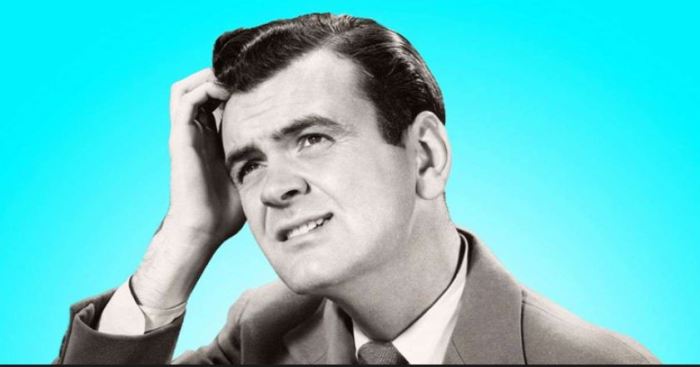Take one out and scratch my head: a curious phrase that has intrigued and perplexed individuals for generations. This multifaceted expression invites us on a journey through its historical, cultural, and linguistic landscapes, revealing a tapestry of meanings and interpretations.
From its humble origins to its widespread usage in contemporary culture, “take one out and scratch my head” has left an enduring mark on human expression. Join us as we delve into the depths of this enigmatic phrase, unraveling its complexities and exploring its significance in various contexts.
Origin and Meaning: Take One Out And Scratch My Head
The phrase “take one out and scratch my head” has its roots in the practice of phrenology, a pseudoscience popular in the 19th century. Phrenologists believed that the shape and size of a person’s skull could reveal their character and mental abilities.
According to phrenology, scratching one’s head could stimulate the brain and improve cognitive function.
Figurative Interpretations
The phrase “take one out and scratch my head” has evolved to have several metaphorical meanings. It can be used to express confusion, contemplation, or frustration. For example, a person who is struggling to understand a complex problem might say, “I need to take one out and scratch my head to figure this out.”
The phrase can also be used to express a sense of relief or satisfaction, as in, “I finally figured it out! Time to take one out and scratch my head.”
Literal Interpretation
While there is no scientific evidence to support the phrenological belief that scratching one’s head can improve cognitive function, there are some physiological and psychological mechanisms that could explain why it might alleviate confusion or discomfort.
- Scratching one’s head can increase blood flow to the scalp, which can help to relax the muscles and reduce tension.
- The repetitive motion of scratching can be calming and distracting, which can help to reduce stress and anxiety.
- The act of scratching can also release endorphins, which have pain-relieving and mood-boosting effects.
Cultural Significance
The phrase “take one out and scratch my head” has been used in different cultures and languages for centuries. In some cultures, it is considered a sign of respect or humility to scratch one’s head when meeting someone for the first time.
In other cultures, it is seen as a sign of confusion or ignorance.
Modern Usage

The phrase “take one out and scratch my head” is still commonly used today, both in its literal and figurative senses. It is often used in everyday conversation, social media, and popular culture. For example, a person might post a photo of themselves scratching their head on social media with the caption, “I’m so confused right now!”
Related Phrases and Idioms
There are several other phrases and idioms that have similar meanings to “take one out and scratch my head.” These include:
- Scratching one’s head
- Puzzling over something
- Being baffled
- Being perplexed
- Being confused
Literary Analysis

The phrase “take one out and scratch my head” has been used in literature for centuries. For example, in Shakespeare’s play “Hamlet,” the character of Hamlet says, “I have that within which passeth show, / These but the trappings and the suits of woe.”
This line is often interpreted as a reflection of Hamlet’s confusion and uncertainty about his own feelings and motivations.
Cross-Cultural Comparisons
The phrase “take one out and scratch my head” has been used in different cultures and languages for centuries. In some cultures, it is considered a sign of respect or humility to scratch one’s head when meeting someone for the first time.
In other cultures, it is seen as a sign of confusion or ignorance.
FAQ
What is the origin of the phrase “take one out and scratch my head”?
The exact origin of the phrase is unknown, but it is believed to have emerged in the 18th century as a colloquial expression denoting confusion or bewilderment.
What are some common figurative interpretations of the phrase?
Figuratively, the phrase can symbolize confusion, contemplation, frustration, or a desire to gain clarity on a particular issue.
Are there any scientific explanations for why taking one out and scratching your head might alleviate confusion?
While there is no direct scientific evidence to support this claim, some theories suggest that the act of scratching the head may stimulate blood flow to the brain, potentially improving cognitive function.